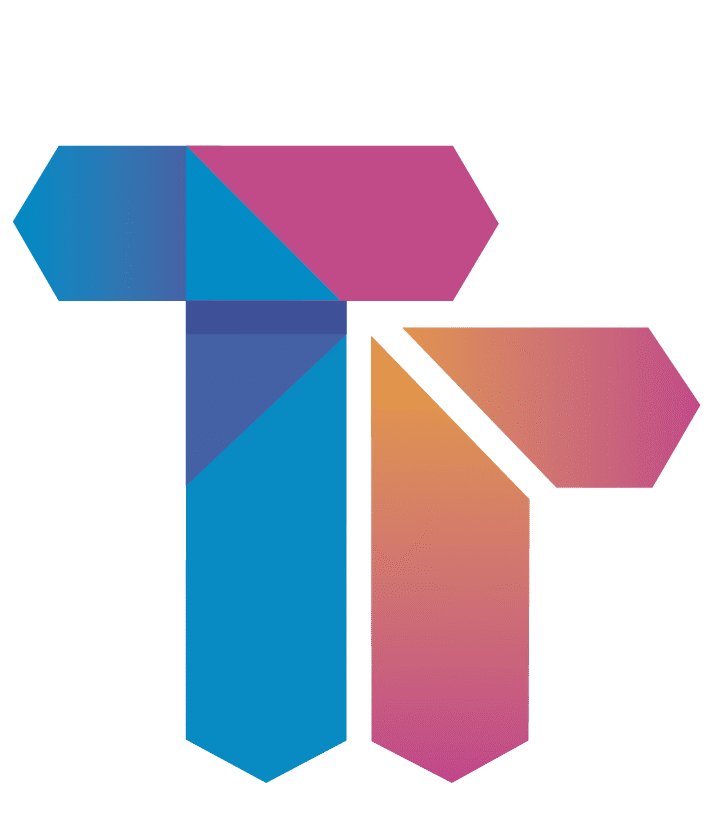Gavi

Gavi, the Vaccine Alliance, is facing a challenging landscape as it works to ensure global vaccine equity and strengthen immunization programs worldwide. The COVID-19 pandemic and ongoing geopolitical instability have significantly disrupted vaccination efforts. Recent reports from the World Health Organization (WHO) and UNICEF, key partners with Gavi, reveal a concerning decline in childhood vaccination rates, leaving millions of children vulnerable to preventable diseases such as measles, diphtheria, polio, and pneumonia.
Gavi’s five-year strategic plan, spanning 2021-2025, aims to achieve “Immunization 2030,” a global goal to recover lost ground and accelerate progress. However, the plan faces significant funding challenges. In late April 2024, Gavi held a high-level replenishment conference in London, seeking $7.5 billion to support its work. While initial pledges totaled over $6.8 billion from governments and philanthropic organizations, including the Bill & Melinda Gates Foundation, a substantial funding gap remains.
The shortfall raises concerns about introducing and scaling up new vaccines, such as those against respiratory syncytial virus (RSV) for infants, and maintaining routine immunization coverage, particularly in lower-income countries. Gavi plays a crucial role in negotiating bulk purchase agreements with vaccine manufacturers, reducing prices, and ensuring supply for nations that cannot afford them. This is particularly essential for new, often costly, vaccines.
Ongoing conflicts, including the Ukraine conflict and those in Sudan and other regions, continue to disrupt immunization campaigns, creating pockets of unvaccinated populations and increasing the risk of outbreaks. Gavi is working with local health systems and humanitarian organizations to reach displaced populations and provide essential vaccinations, but access remains a significant challenge.
In addition to addressing funding and access issues, Gavi is investing in strengthening health systems, training healthcare workers, and improving data collection to track vaccination rates and identify areas in need. The alliance is also prioritizing innovation, supporting research into new vaccine technologies, such as mRNA vaccines, and exploring ways to improve vaccine delivery and cold chain infrastructure.
The recent focus on catch-up campaigns across Africa and Asia, responding to declining immunization rates, relies heavily on Gavi’s funding and coordination. The long-term consequences of decreased vaccination coverage, including potentially resurgent diseases and increased child mortality, underscore the need for fully funding Gavi and addressing the systemic challenges hindering global vaccine equity.

 06 May 2025
06 May 2025 Share
Share





